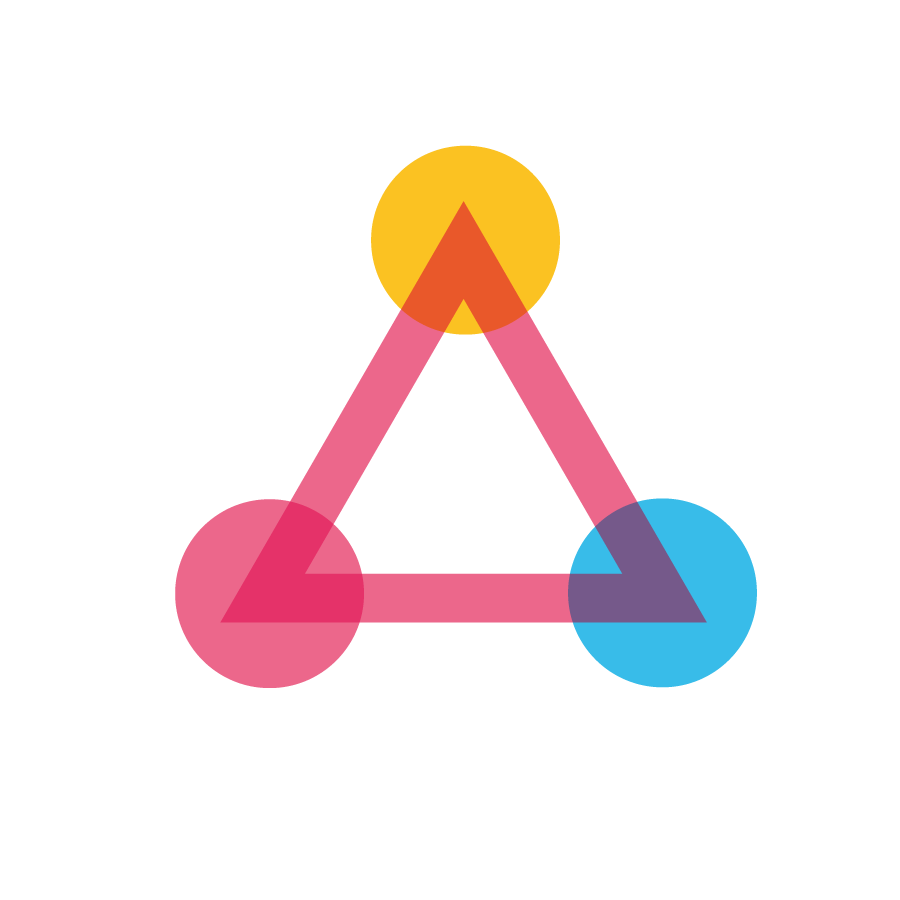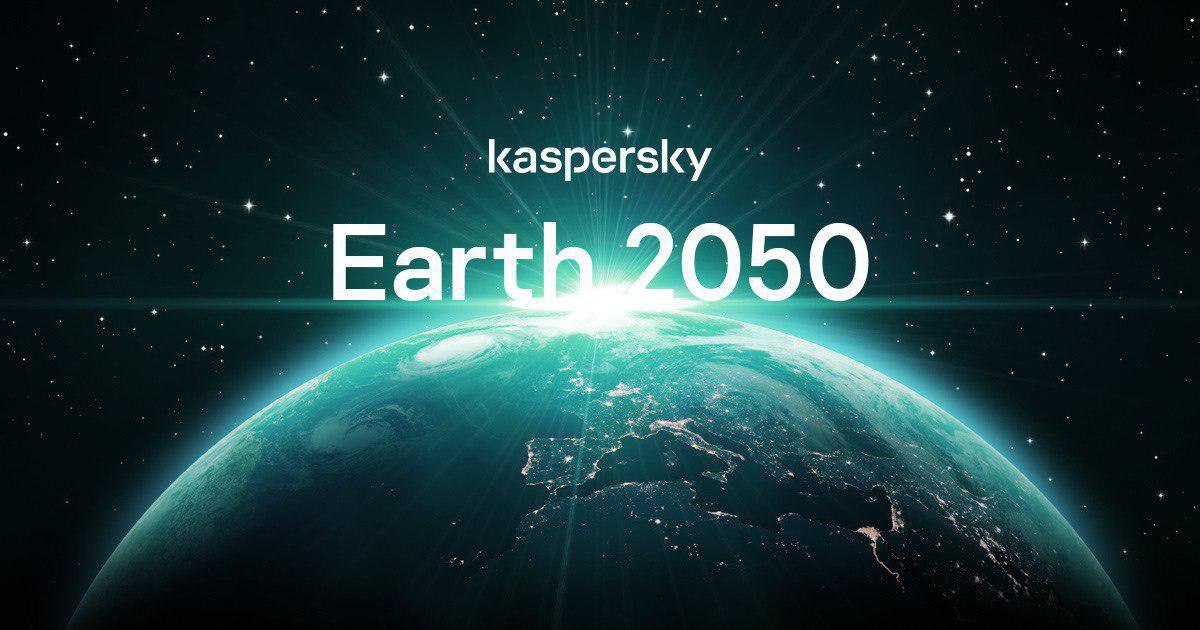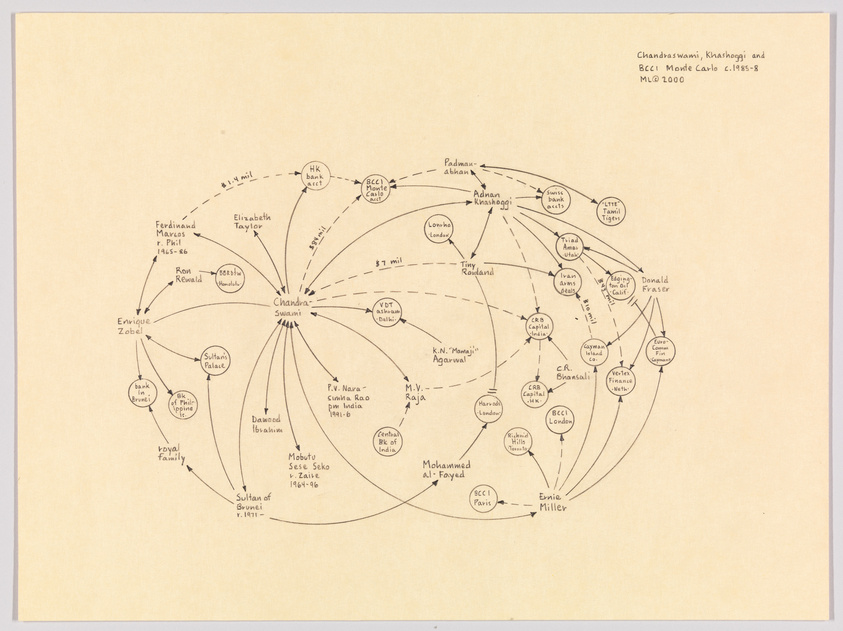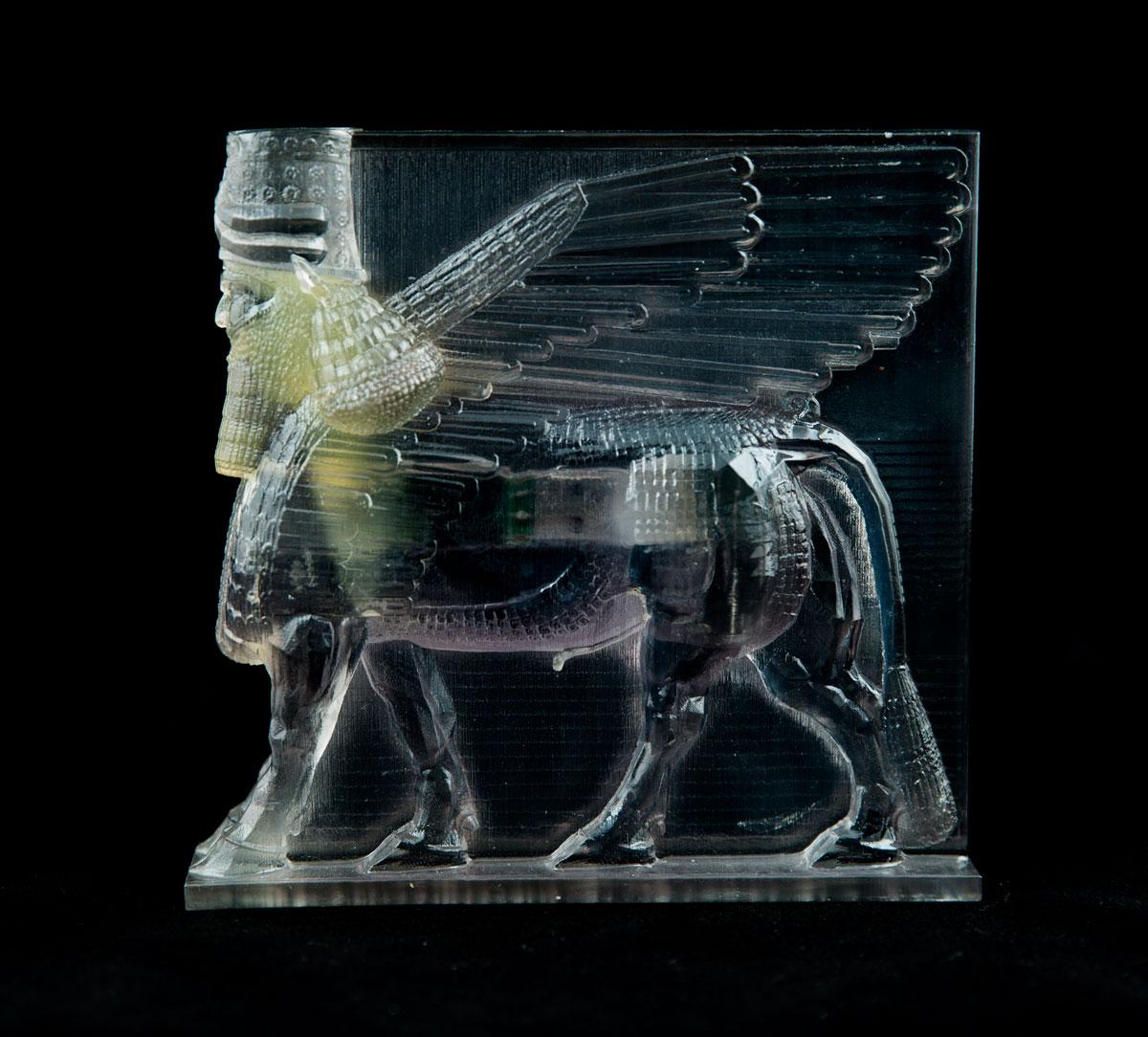Systems Thinking and Genetically Modified Food
//author
//year
2012
//link
https://www.easterbrook.ca/steve/2012/05/systems-thinking-and-genetically-modified-food/
//relevant context
This text is a helpful introduction to showing how changing the systems-framing of a topic may produce different understandings of it. While the topic itself (GMOs) may not have the same cultural posiiton now, it models a way of mapping out how different systems may change one’s understanding of a subject. In this week’s reading, Easterbrook describes both the Principle of Complementarity and Boundary Critique in the preface of his analysis of a plot of land that’s growing GMO wheat. In his analysis, he describes the plot of land and its conflicts as the result of “each group describing things in terms of different systems, and rejecting the others’ position because it makes no sense within their own worldview.” He goes on to use Boundary Critique on eight diverse stakeholder groups, and goes on to identify “the system that each group is seeing, and then explore where they’ve chosen to draw the boundaries of that system, and why.”
//Guiding Questions
Which system (type of stakeholder) that Easterbrook identified did you find your own understanding of GMOs most aligned with? Why? What are some of the stakes of these stakeholders?
Using your own topic for research, can you Identify 3 stakeholders (groups or phenomenon) with different perspectives, and then describe the system (the stakes) from which they are operating? For instance, if the subject is “Safari Parks”, 3 stakeholders could be (1) Animal Rights activists, (2) the region’s Board of Tourism, and (3) the local land itself. The first operates in a system of ethics around the treatment of animals; the second in a networked system of economic benefits for the community (hotels, food, and attractions), and the third, in an ecosystem that the safari park may put at risk, by introducing pollutants from animal waste and fertilizer, and ecological competitors such as escaped non-indigenous plant products used in the landscaping of the Safari Park.
Using your own topic for research, can you Identify 3 stakeholders (groups or phenomenon) with different perspectives, and then describe the system (the stakes) from which they are operating? For instance, if the subject is “Safari Parks”, 3 stakeholders could be (1) Animal Rights activists, (2) the region’s Board of Tourism, and (3) the local land itself. The first operates in a system of ethics around the treatment of animals; the second in a networked system of economic benefits for the community (hotels, food, and attractions), and the third, in an ecosystem that the safari park may put at risk, by introducing pollutants from animal waste and fertilizer, and ecological competitors such as escaped non-indigenous plant products used in the landscaping of the Safari Park.
//key quotes
“Unless we all become better systems thinkers, we’ll have all the same misunderstandings.”














